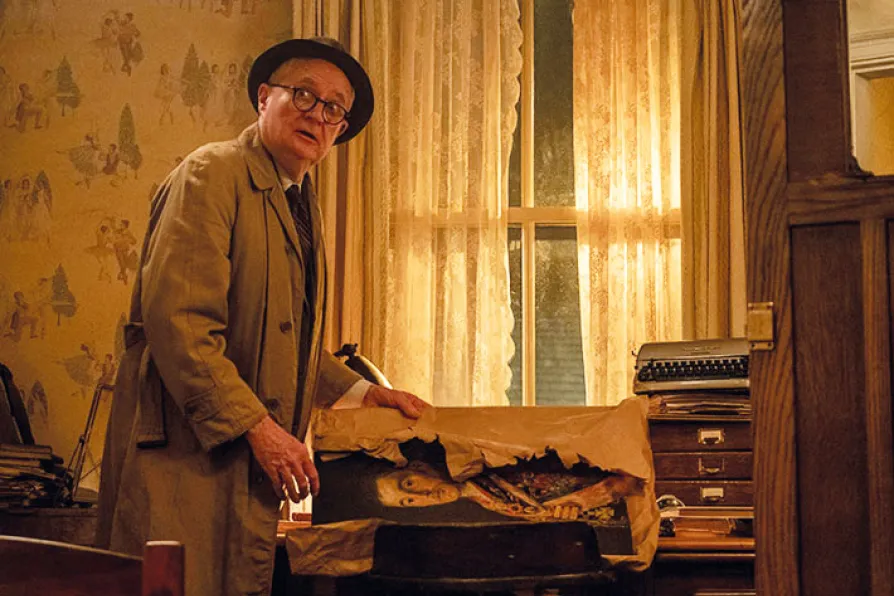The book feels like a writer working within his limits and not breaking any new ground, believes KEN COCKBURN

 Jim Broadbent in The Duke
Jim Broadbent in The Duke
The Duke (12A)
Directed by Roger Michell
IT IS just over 60 years since an ordinary working-class Englishman stuck it to the man by stealing a masterpiece from London’s National Gallery — the first and only theft in its 197-year-history — in his campaign for free TV licences for the elderly.
Sixty-one year old wannabe playwright and social activist from Newcastle Kempton Bunton’s (Jim Broadbent) staunch beliefs in community, interconnectedness and the fact that we are all responsible for each other — “I’m not me without you,” he advocates — has become even more poignant during the Covid pandemic.
Based on a remarkable true story with a sharp and witty screenplay by Richard Bean and Clive Coleman, director Roger Michell’s (Notting Hill, Venus) final film is a rousing and uplifting Ealing comedy-styled crime caper which explores social injustice, the disparity between the classes and standing up for what is right.
In 1961 Bunton stole Francisco de Goya’s The Duke of Wellington, which he kept hidden for four years at the back of his wardrobe with the help of his youngest son Jackie (Fionn Whitehead), and which he held ransom to raise money for his charitable campaign.

The Star's critics ANGUS REID, MICHAL BONCZA and MARIA DUARTE review Hot Milk, An Ordinary Case, Heads Of State, and Jurassic World Rebirth

MARIA DUARTE recommends the powerful dramatisation of the true story of a husband and wife made homeless












